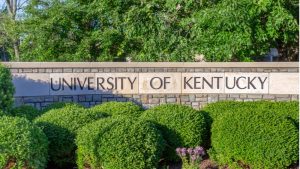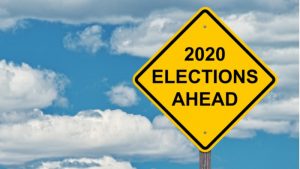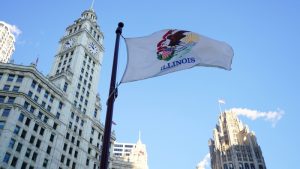The Dothan City, Ala., School District announced the creation of a virtual help desk to provide technical support for devices provided by Dothan City Schools (DCS).
The vast majority of university students – 84 percent – are struggling with stress and anxiety caused by COVID-19, according to a study from META, a digital mental health platform for schools.
In anticipation of a fall semester full of hybrid and distance learning the University of Kentucky spent the summer overhauling its classroom technology campuswide.
Before most of the nation’s K-12 schools closed their doors in March, sending students to learn from home while the COVID-19 pandemic raged, school leaders confronted a job that no one imagined when the school year began. They had to facilitate remote work for hundreds or thousands of professional staff and remote learning for exponentially larger numbers of students – none of whom were used to working outside of the traditional school environment.
In a trend across the country, Duke University has moved to a blend of remote and hybrid learning. To keep remote students engaged, Duke’s Office of Information Technology (OIT) has deployed 50 Zoom carts for professors to use during their classes.
The National Association of State Chief Information Officers (NASCIO) announced the finalists for its State IT Recognition Awards.
The FBI in conjunction with the Cybersecurity and Infrastructure Security Agency issued a public service announcement to raise awareness about the potential for disinformation around the results of the elections, especially in the period after voting has occurred.
New Orleans emergency communications systems survived unharmed after a December 2019 cyberattack to the city IT’s systems. Now, Executive Director of Orleans Parish Communication District Tyrell Morris is sharing how the city prepared to keep its 911 system secure.
While technology in the K-12 classroom is nothing new, COVID-19 has heightened the role it plays in education. New research from the Center for Democracy and Technology (CDT) found the vast majority of parents support the use of education technology, but also have serious concerns.
The COVID-19 pandemic has forced schools to shift towards remote and hybrid learning, which has shined a bright light on the digital divide in education.













